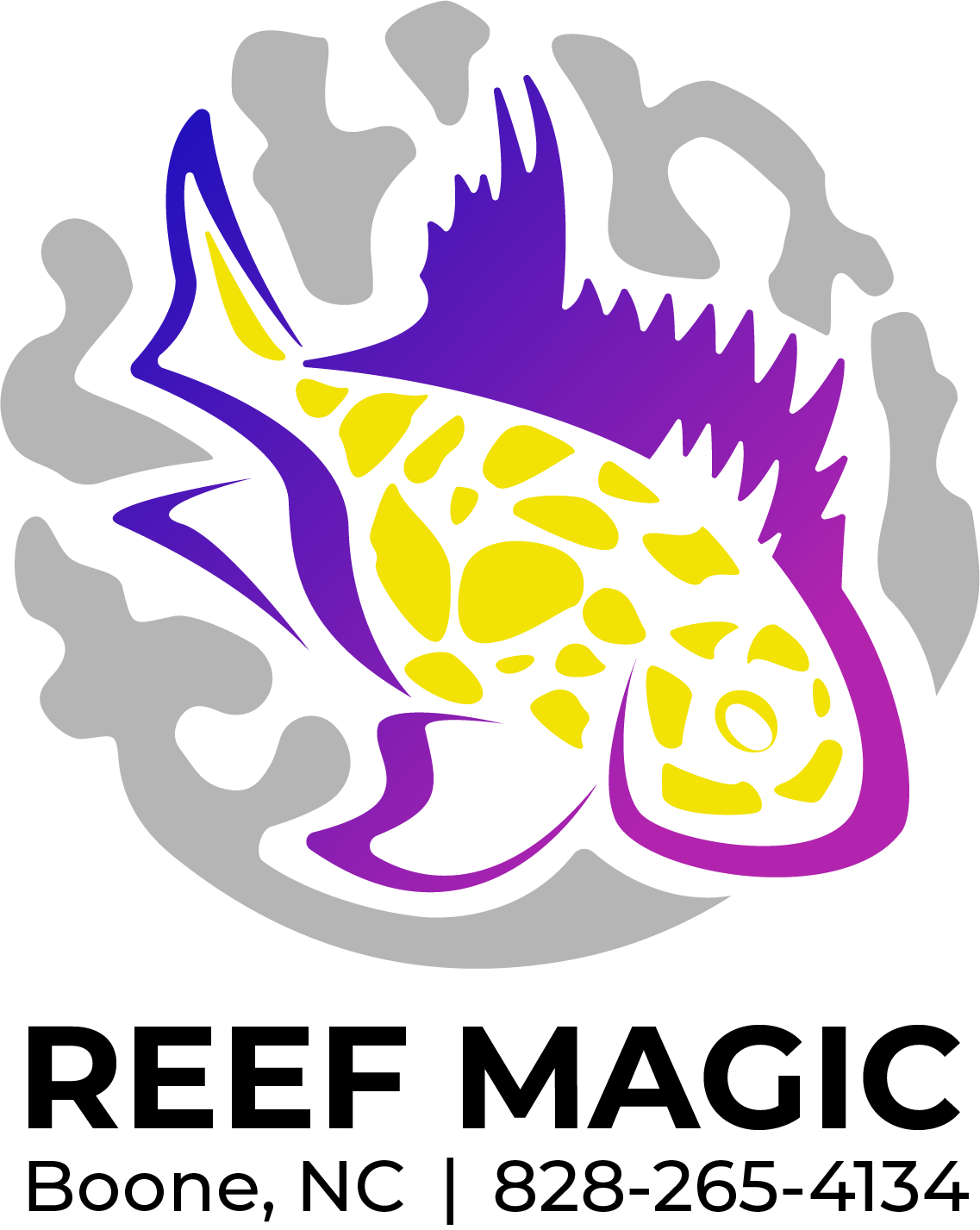 Image 1 of 1
Image 1 of 1


Glow Tetra- Starfire Red
Tetras are a diverse group of small, peaceful freshwater fish known for their vibrant colors and active swimming behavior. Common tetra species include Neon Tetras, Cardinal Tetras, and Black Skirt Tetras. Here are the general requirements for keeping tetras:
Aquarium size: Tetras are generally small fish and can be kept in smaller aquariums. A tank with a capacity of 10-20 gallons (38-75 liters) is suitable for a small school of tetras. However, larger tanks are recommended for larger tetra species or if you plan to keep a larger group of individuals.
Water parameters: Tetras prefer soft to moderately hard water conditions. The ideal temperature for most tetra species ranges from 72-78°F (22-26°C). The pH level should be slightly acidic to neutral, typically between 6.5-7.5. Water hardness should be around 5-15 dGH. It's important to research the specific requirements of the tetra species you plan to keep, as some species may have particular preferences.
Tank setup: Create a well-planted tank with open swimming areas and some hiding spots. Tetras appreciate densely planted areas, especially with floating plants that provide shade. Use a fine gravel or sand substrate, as tetras are bottom-dwellers and enjoy sifting through the substrate. Driftwood and rocks can also be added to create natural hiding spots and territorial boundaries.
Filtration and water flow: Tetras prefer a well-filtered tank with gentle water flow. A hang-on-back (HOB) filter or sponge filter is typically sufficient to maintain water quality. Avoid strong water currents that may stress the fish, especially for smaller tetra species.
Lighting: Tetras do well with moderate lighting conditions. Provide a lighting system that mimics natural day and night cycles, with a photoperiod of around 8-10 hours of light per day. Avoid intense lighting that may cause stress.
Diet: Tetras are omnivorous and will accept a variety of foods. Offer them a balanced diet that includes high-quality flake or pellet food as their staple diet. Supplement their diet with small live or frozen foods such as brine shrimp, daphnia, or bloodworms. You can also include some vegetable matter, such as blanched spinach or spirulina-based foods.
Tank mates: Tetras are peaceful and can be kept with a variety of other small, peaceful fish species. They are schooling fish, so it's best to keep them in groups of at least five or more for their well-being. Suitable tank mates include other peaceful community fish like rasboras, guppies, and corydoras catfish. Avoid keeping them with fin-nipping or aggressive fish species.
Tetras are a diverse group of small, peaceful freshwater fish known for their vibrant colors and active swimming behavior. Common tetra species include Neon Tetras, Cardinal Tetras, and Black Skirt Tetras. Here are the general requirements for keeping tetras:
Aquarium size: Tetras are generally small fish and can be kept in smaller aquariums. A tank with a capacity of 10-20 gallons (38-75 liters) is suitable for a small school of tetras. However, larger tanks are recommended for larger tetra species or if you plan to keep a larger group of individuals.
Water parameters: Tetras prefer soft to moderately hard water conditions. The ideal temperature for most tetra species ranges from 72-78°F (22-26°C). The pH level should be slightly acidic to neutral, typically between 6.5-7.5. Water hardness should be around 5-15 dGH. It's important to research the specific requirements of the tetra species you plan to keep, as some species may have particular preferences.
Tank setup: Create a well-planted tank with open swimming areas and some hiding spots. Tetras appreciate densely planted areas, especially with floating plants that provide shade. Use a fine gravel or sand substrate, as tetras are bottom-dwellers and enjoy sifting through the substrate. Driftwood and rocks can also be added to create natural hiding spots and territorial boundaries.
Filtration and water flow: Tetras prefer a well-filtered tank with gentle water flow. A hang-on-back (HOB) filter or sponge filter is typically sufficient to maintain water quality. Avoid strong water currents that may stress the fish, especially for smaller tetra species.
Lighting: Tetras do well with moderate lighting conditions. Provide a lighting system that mimics natural day and night cycles, with a photoperiod of around 8-10 hours of light per day. Avoid intense lighting that may cause stress.
Diet: Tetras are omnivorous and will accept a variety of foods. Offer them a balanced diet that includes high-quality flake or pellet food as their staple diet. Supplement their diet with small live or frozen foods such as brine shrimp, daphnia, or bloodworms. You can also include some vegetable matter, such as blanched spinach or spirulina-based foods.
Tank mates: Tetras are peaceful and can be kept with a variety of other small, peaceful fish species. They are schooling fish, so it's best to keep them in groups of at least five or more for their well-being. Suitable tank mates include other peaceful community fish like rasboras, guppies, and corydoras catfish. Avoid keeping them with fin-nipping or aggressive fish species.

